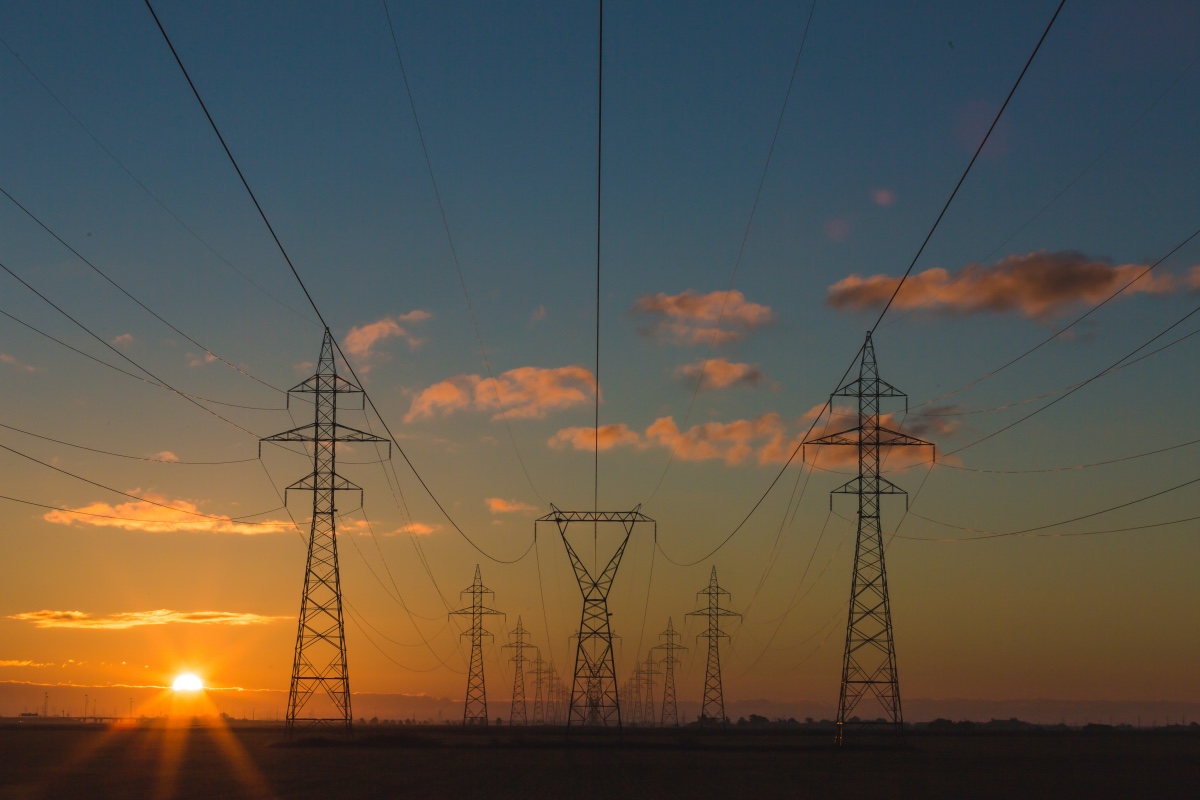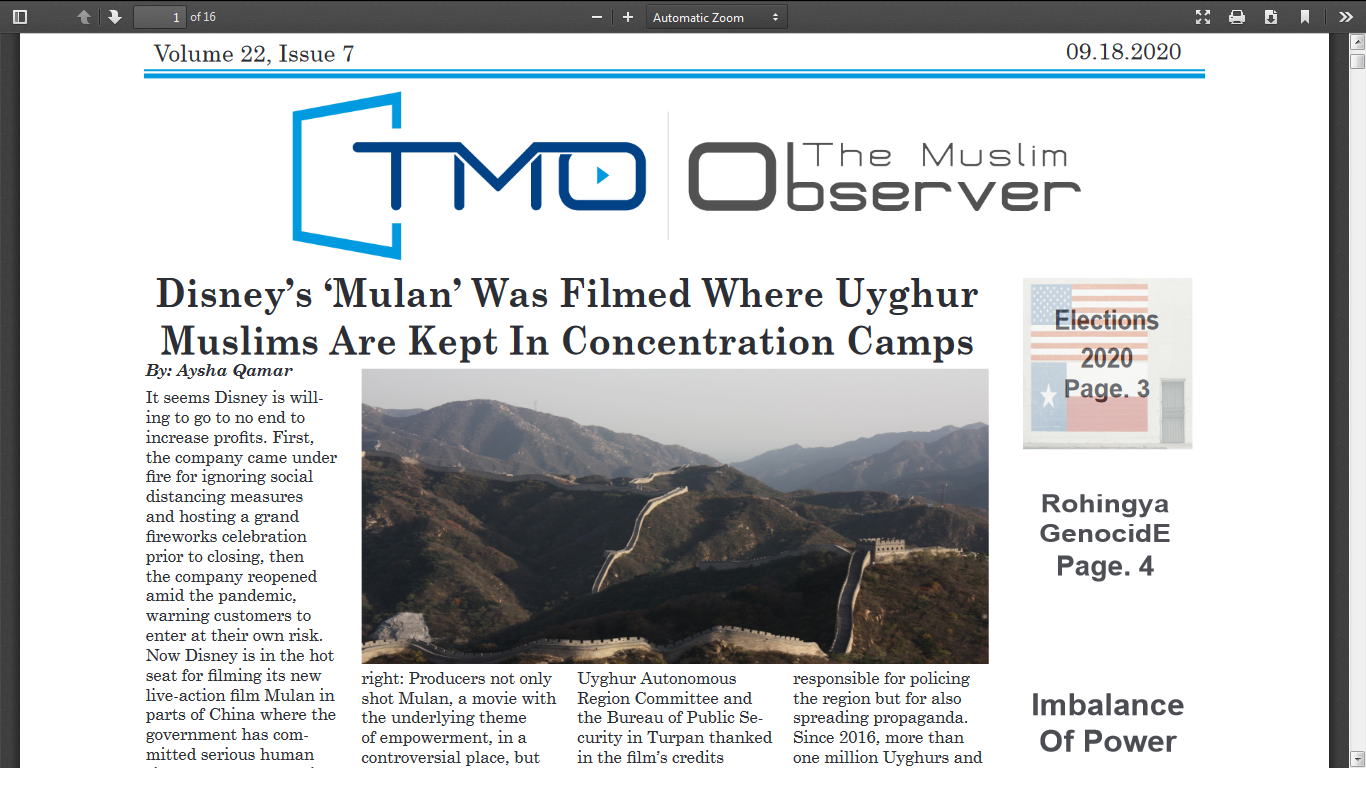A New Turn In Indo-Pak Commercial Ties
By Nilofar Suhrawardy, TMO
NEW DELHI: Long viewed as permanent enemies, it is going to take a while before the world is convinced about India and Pakistan being keen to “normalize†their ties. Prime Minister Manmohan Singh and his Pakistani counterpart Yousuf Raza Gilani met recently in Maldives on sidelines of the 17th South Asian Association for Regional Cooperation (SAARC). They held delegation-level talks, followed by one-to-one meeting which lasted for around 45 minutes. Acknowledging that a lot still needs to be done, after their talks, both leaders expressed their desire for strengthening Indo-Pak relations on a positive note (November 10).
“We have wasted a lot of time in acrimonious debate in the past. The time has come to write a new chapter in relations between India and Pakistan,†Singh said. The next round of talks “should be far more productive and result-oriented and bring the two countries closer to each other,†Singh said. Similar sentiments were voiced by Gilani, who said: “We had a good meeting. I hope the next round of talks will be more constructive and open a new chapter in relations between the two countries.â€
The stage for opening a new chapter in Indo-Pak ties was set when the Pakistan cabinet recently declared its decision to give India status of a Most Favored Nation (MFN) for increasing trade relations between the two countries. India had accorded Pakistan this status around 15 years ago in 1996. The decision of Pakistan was preceded by visit of Pakistan’s Commerce Minister Makhddoom Amin Fahim to India. This was the first visit of a Pakistani commerce minister to India in 35 years. Indian Commerce Minister Anand Sharma is expected to lead a trade delegation to Islamabad next February at invitation of his Pakistani counterpart Fahim. Besides, this week has been marked by two-day talks in New Delhi between commerce secretaries of the two countries, Rahul Khullar (India) and Zafar Mahmood (Pakistan).
Displaying optimism on the outcome of Indo-Pak talks, Mahmood said: “We will have interactions in the spirit of mutual cooperation and confidence so please have trust and faith in the process (as) times have changed and the world is coming closer. Through this meeting we want to create an atmosphere through which the composite dialogue can go forward.â€
“Our business communities, our politicians and our citizens are looking to both our delegations to deliver a substantial breakthrough — not only for full normalisation of our trade relationship, but to go beyond and lay a strong foundation for preferential trading arrangements,†Khullar said.
At present, business between India and Pakistan amounts to less than $3 billion. During their talks, the two commerce ministers expressed their desire to increase this to $6 billion per year. Besides, it takes place through third countries via Dubai and Singapore. Once India is formally granted MFN status by Pakistan, it is expected to removal of many barriers and also lead to direct trade between the two countries, which would play a major role in cutting down the transportation costs.
It may take some time before Pakistan actually grants MFN status to India. The fact that Pakistan has voiced its decision to do so is by itself a major development. Not too long ago, Pakistan gave the impression of not even considering this till the two countries resolved their problems. Undeniably, India and Pakistan still seem to be a long way from reaching any agreement on certain major issues, including Kashmir. Against this backdrop, the decision of Pakistan to consider India as MFN is indeed a major development.
Once India and Pakistan reach the stage of exploiting their economic interaction “totally,†according to an American think tank, the Peterson Institute for International Economics (PIIE) gravity model, the Indo-Pak trade can “expand to as much as $42 billion.†One of the constraints in trade potential having not been exploited, according to PIIE, is that Pakistan has not yet granted MFN status to India. If India and Pakistan decide to pay greater attention to exploiting their trade potential, it is believed that the step would lead to lowering of tension between the countries. In this context, it may be noted that though Kashmir-issue may remains unresolved the two countries have implemented the agreement to open the controversial Line of Control (LoC) at a few points to facilitate trade and travel. They began the bus service in 2005, across the LoC between Srinagar and Muzaffarabad, capital cities of Indian Jammu & Kashmir and Pakistani Kashmir, respectively. The Poonch-Rawalkot bus service began in 2008.
The strengthening of economic ties between India and Pakistan is also expected to play a major role in enhancing commercial interaction between members of SAARC. Indo-Pak tension has hampered economic interaction between SAARC members and has also prevented its development as an important regional organization. Critics have frequently raised the question as to why has SAARC not progressed as have other regional organizations, such as NATO and ASEAN.
Against this backdrop, India and Pakistan may perhaps never accept each other as close friends, but as latest developments suggest that now they have begun serious talks to facilitate economic interaction between them. And once Indo-Pak trade takes off, it is expected to have a major impact on South Asia as a whole and also convince the world that the two countries can no longer be viewed as permanent enemies!
13-47














2011
780 views
views
0
comments